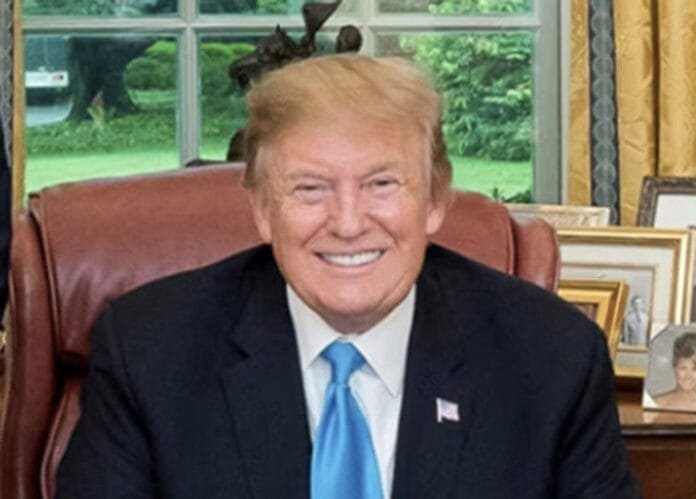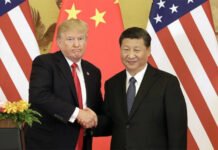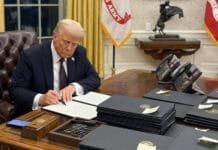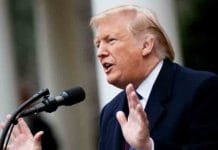New Tariffs on Foreign-Made Cars
On Wednesday, U.S. President Donald Trump announced a 25% tariff on all automobiles manufactured outside the United States. This move, effective from April 2, is expected to heighten trade tensions with several key economic partners, including Canada, Mexico, Japan, South Korea, and Germany. Trump, speaking from the White House, stated, “We will impose a 25 percent tariff on all cars made outside the U.S. But if the car is made in the U.S., there will be no tariff on it.”
The new tariffs will be imposed in addition to existing duties and will specifically target foreign-made cars and light trucks. Since assuming his second term in January 2025, Trump has already levied tariffs on imports from Canada, Mexico, and China, along with a 25% tariff on steel and aluminum.
Impact on the U.S. Financial Market
The announcement has led to significant uncertainty in U.S. financial markets. Wall Street reacted negatively, with major indices showing declines even before the official statement was made. The Nasdaq dropped by 2%, reflecting investor concerns over the escalating trade war.
Stock Market Reactions
- General Motors (GM) shares fell by 3.1%, reflecting fears of rising production costs and potential retaliatory tariffs from other nations.
- Ford Motor Company shares remained stable, recording a marginal gain of 0.1%, as the company has significant domestic manufacturing operations.
- Auto parts suppliers and international manufacturers faced declines, anticipating increased costs due to the new trade restrictions.
Potential Conflicts with Key Trading Partners
The Trump administration has positioned tariffs as a tool to increase revenue and protect American industries. However, this decision is likely to strain diplomatic and economic ties with key allies, including:
- Japan & South Korea – Both nations have major automobile exports to the U.S. and may seek to negotiate exemptions or impose retaliatory tariffs.
- Canada & Mexico – Given their deep trade ties with the U.S. auto industry under USMCA (United States-Mexico-Canada Agreement), this move could trigger further trade disputes.
- Germany – Home to leading automakers like BMW, Volkswagen, and Mercedes-Benz, Germany is expected to challenge the decision through World Trade Organization (WTO) complaints or countermeasures.
Impact on Car Prices and Jobs
The U.S. auto market relies heavily on imported vehicles, with only about 50% of cars sold in America being manufactured domestically. Of the imported vehicles:
- Nearly 50% come from Canada and Mexico, both of which enjoy tariff-free trade under USMCA.
- Japan, South Korea, and Germany contribute significantly to U.S. auto imports.
According to The Center for Automotive Research, the new tariffs could:
- Increase vehicle prices by thousands of dollars, affecting affordability for American consumers.
- Negatively impact U.S. auto manufacturing jobs, as companies may struggle with higher costs and reduced demand.
- Disrupt supply chains, leading to potential delays and price hikes across the industry.
Expansion of Tariffs to Semiconductor and Pharmaceutical Industries
In addition to the auto sector, Trump signaled potential tariffs on pharmaceuticals, semiconductors, and wood imports. Speaking on Wednesday, he stated that these industries could also face increased tariffs as part of his broader economic policy.
Key Upcoming Tariff Actions
- Semiconductors: Expected to be targeted in response to global supply chain shifts.
- Pharmaceuticals: Tariffs could impact medicine prices and imports.
- Wood Products: Part of broader efforts to support the domestic timber industry.
Trump has designated April 2 as “Freedom Day” for the U.S. economy, vowing to impose retaliatory tariffs on multiple trading partners to establish “fair trade” policies for Washington
















